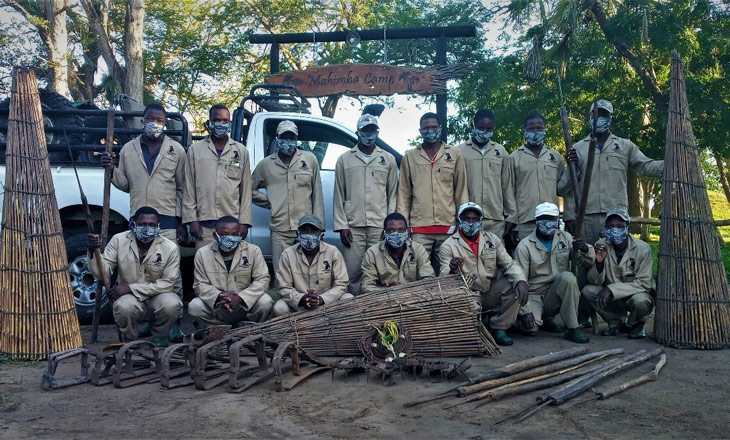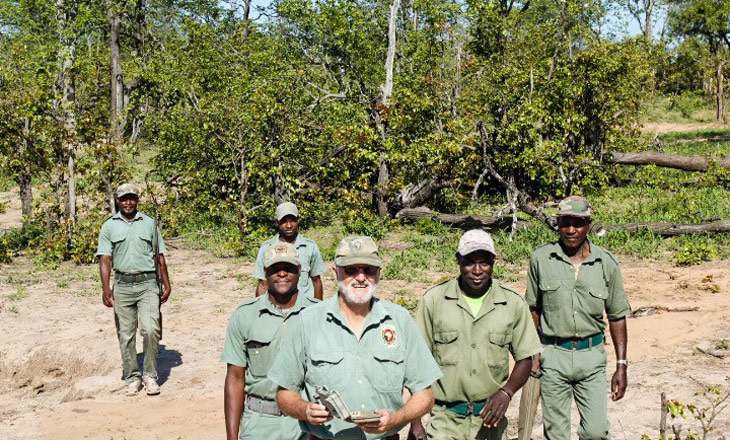The Foundation for the Conservation of Biodiversity – BIOFUND, in the framework of the BIO-Emergency Fund programme, in March 2021 held a survey among private sector beneficiaries with the purpose of assessing the impact of the COVID-19 pandemic on the conservation of biodiversity and the management of the Conservation Areas. The survey was undertaken through an online questionnaire with open and multiple choice questions.
Published at 27/04/2021
BIOFUND publishes report from the 1st Survey on the Impact of COVID-19 on the Conservation Areas under private management, in the framework of the BIO-Emergency Fund
According to the survey results, in 2020 hunting tourism and ecological tourism were the areas most affected by the pandemic, and inspection and patrolling operations were the least affected. This reduced impact on patrolling and inspection activities is due to the start of support from BIOFUND and its partners (through the BIO-Emergency Fund), which has guaranteed the payment of the wage and operational costs of the rangers and support staff in the Conservation Areas, as well as support for the local communities.
Although, since the outbreak of the pandemic, there has been progress in health terms, such as the appearance of vaccines, the future of the operations of the Conservation Areas is still uncertain. In a universe of 13 (thirteen) private sector areas benefitting from the BIO-Emergency Fund (including 1 community area), 60% say they do not have enough money to keep their areas functioning after the end of support from the Fund, envisaged for June 2021. In this context, BIOFUND is studying with its partners possible ways of extending this fund until December 2021.
For access to the report on the impact of the COVID-19 pandemic on the private Conservation Areas benefiting from the BIO-Emergency Fund, click here.
Currently there are 25 beneficiaries from the BIO-Emergency Fund, of which 12 are Conservation Areas under private management, 11 are Conservation Areas under public management and two are Community Conservation Areas. They cover 63% of the protected area of the entire country.
To find out more about the BIO-Emergency Fund, click here.




